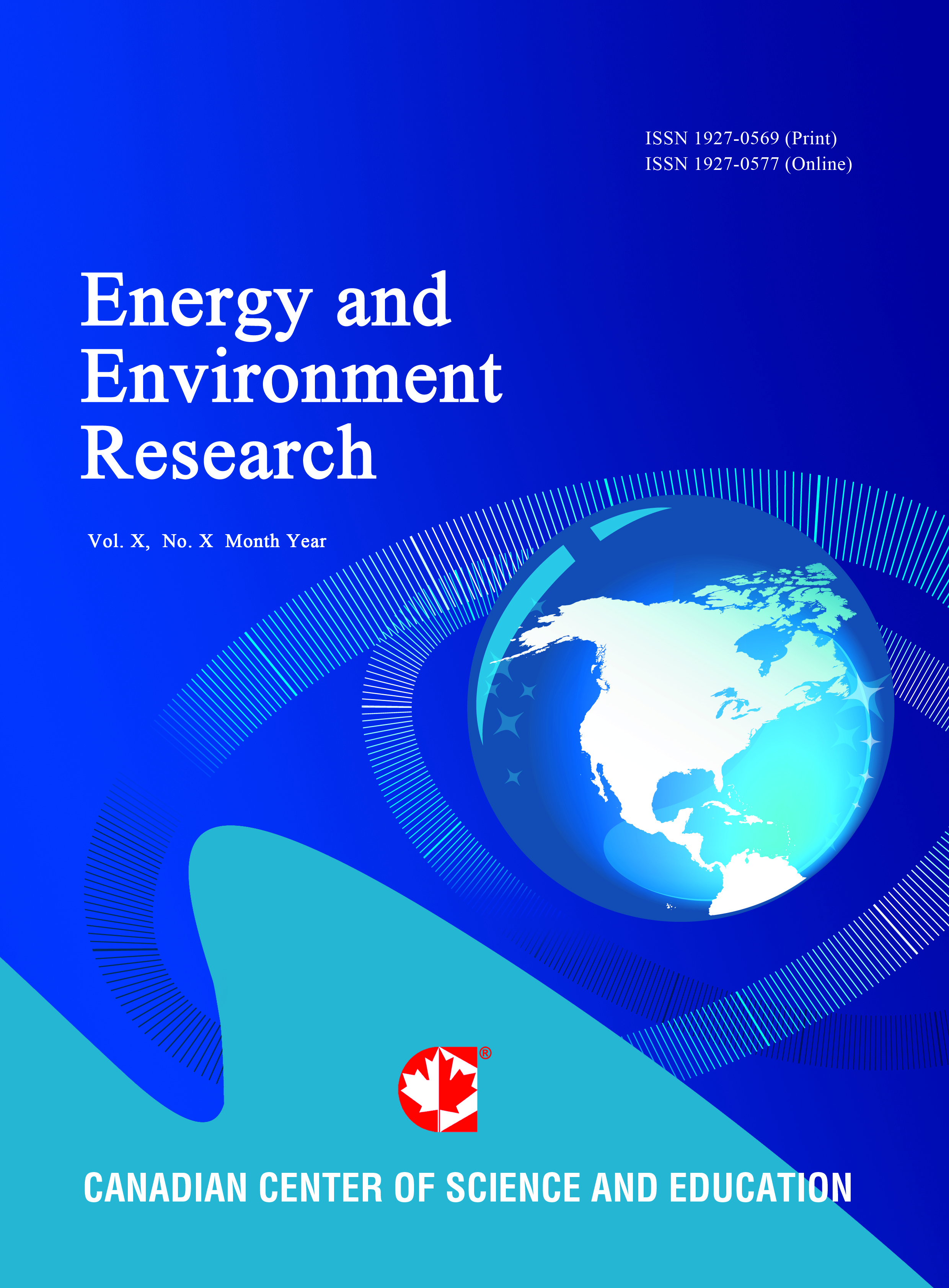Spatio-Temporal Implications of Inadequate Water and Sanitation on Residents of Ijora-Badia Area of Lagos State, Nigeria
- Yussuf Lukeman
- Bako A. I.
- Kayode Omole
- Nwokoro I. I. C.
- Olajuyigbe A. E.
Abstract
In recent times, it has been proofed that industrial revolution, urbanization, inadequate provision of facilities,poor urban management and poverty were the determinant of environmental condition of city dwellers. In thispaper, the sanitary condition of the environment of residents of Ijora Badia was investigated. Some of thesanitary conditions data involving sources of drinking water, sources of cooking, method of waste disposal, typesof toilet facility, drainage system and road conditions were collected through questionnaires, personal interview,direct observation and focus group discussion. The research population was based on the total number of existingbuildings from which the total numbers of household head were determined and 5% of the total household headpopulation was taken for the interview. Findings reveal that 65.5% of the residence sources of drinking water isthrough water vendor which has aggravated the water borne diseases, 93.1% of residence sources of cooking isstove which cause respiratory disease among the households. The paper suggests among other things that allstakeholders in the built environment should see to the welfare and provision of environmental facilities in orderto make life comfortable and functional for the slum dwellers.
- Full Text:
 PDF
PDF
- DOI:10.5539/eer.v4n3p119
Journal Metrics
(The data was calculated based on Google Scholar Citations)
h-index (July 2022): 19
i10-index (July 2022): 53
h5-index (July 2022): N/A
h5-median(July 2022): N/A
Index
- BASE (Bielefeld Academic Search Engine)
- CiteFactor
- CNKI Scholar
- Elektronische Zeitschriftenbibliothek (EZB)
- Excellence in Research for Australia (ERA)
- Genamics JournalSeek
- Google Scholar
- NewJour
- Norwegian Centre for Research Data (NSD)
- PKP Open Archives Harvester
- Publons
- ROAD
- SHERPA/RoMEO
- Standard Periodical Directory
- Ulrich's
- Universe Digital Library
- WorldCat
Contact
- Lesley LuoEditorial Assistant
- eer@ccsenet.org
